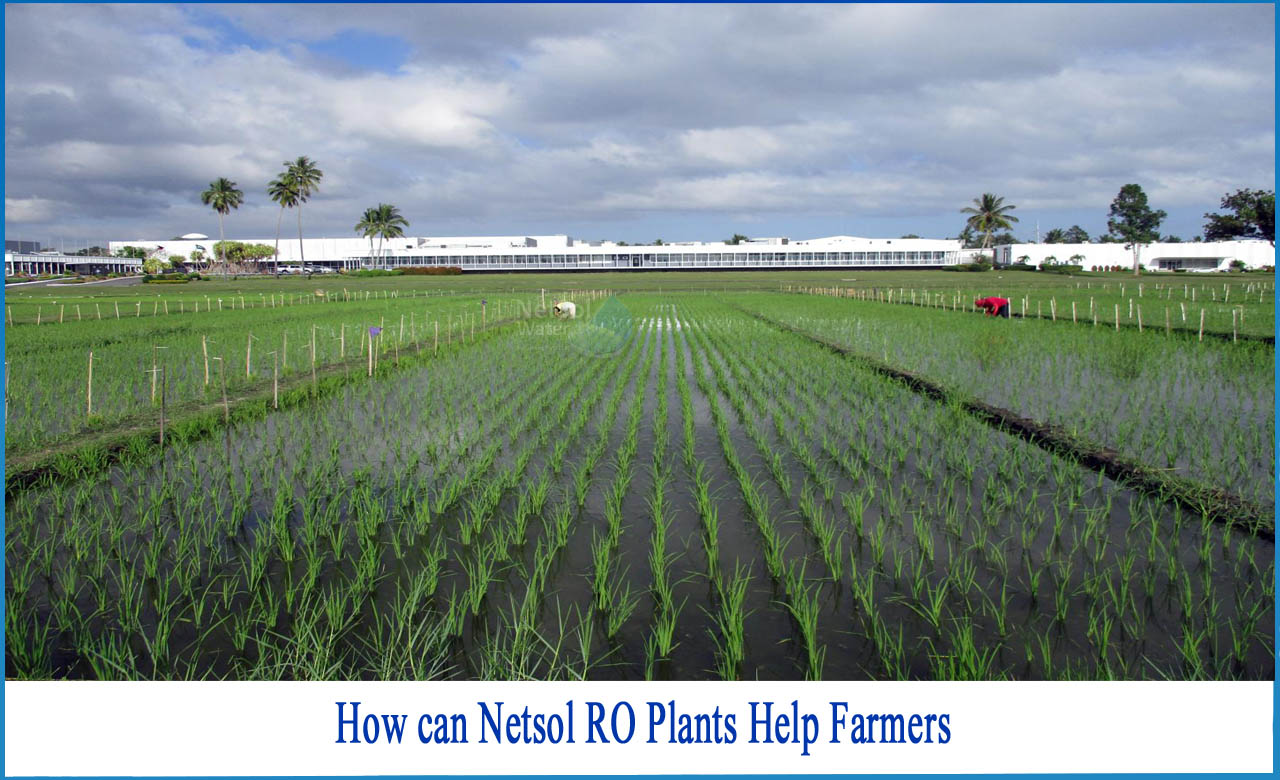Farming has changed in recent years, since it is now focused on new technologies and methods that can boost production and assist farmers in making the transition to organic farming. It's also crucial to pay attention to water filtration systems. Reverse osmosis systems, or RO systems, are now making news in agriculture as well. For farms, reverse osmosis systems might be an excellent investment. Chemicals, heavy metals, carbonates, and other dissolved particles in water are separated from water molecules using reverse osmosis devices.

Agriculture uses reverse osmosis devices to deal with salinity in irrigation water and to prevent loss of agricultural yield and land and soil deterioration. Reverse osmosis systems for agriculture have made significant advances in reducing salinity, preventing soil sodium, removing harmful components from plants, and lowering the anionic composition of water.
Reverse osmosis systems for agriculture minimize salinity in water and, as a result of sodium depletion, sodium absorption, which prevents soil and land drying in the long run. The soil dispersion phenomenon occurs as the sodium content of the soil rises owing to the usage of saline water. The amount of crop production that can be eliminated by water treatment is likewise reduced when using salt water for irrigation.
For farms, reverse osmosis systems can be a terrific investment. Water molecules are separated from other dissolved particles in the water by reverse osmosis (RO) filters (like carbonates). Carbonates, which act as a buffer, can make pH control harder.
NETSOLRO Plant removes toxins from water and home effluent. To eliminate physical, chemical, and biological impurities, it uses a combination of physical, chemical, and biological processes.In India, NETSOLWater Solutions is a significant manufacturer of RO plants. We have excellent professional working ties with a number of leading water industry vendors, ensuring that we employ only the highest quality materials and components in our reverse osmosis systems.
The reverse osmosis filter, in its most basic form, is a membrane through which water is pushed, filtering it at the molecular level. The membrane prevents the majority of dissolved solids from passing through. As a result, the water that emerges from the filter is much closer to pure water.
How Do Reverse Osmosis Systems for Agriculture Work?
Multiple stages of filtering are available in agricultural reverse osmosis filter systems to boost efficiency. They work by passing water through a series of filters before reaching the desired purity level, after which it is sent to the holding tank.
As soon as source water enters the farm water treatment system, it is filtered through a sediment filter to remove big solids and prevent finer filters from clogging.
After being filtered for big particles and before being transferred to the RO pump, the water flows through a second and third filter.
Three objectives for reverse osmosis systems in agriculture:
The following are the primary functions of a reverse osmosis system:
1. Backflushing filters: This system's filters all include a backflushing feature. Backflushing clears off the "gunk" that accumulates on the filter, resulting in increased flow and filter life.
2. Replacing the RO membrane: Membranes can wear out over time, resulting in a reduction in efficiency.
3. Checks and records on a regular basis: Maintain a maintenance log to keep track of the pump's efficiency. For example, the incoming source water might be 433 ppm, whereas the filtered water can be 5.8 ppm in one maintenance entry.



